Producer’s Pride Chick Brooder and Coop Heater
The Producer’s Pride Brooder And Chicken Coop Heater has a 1-piece heating place with 6 holders for chicken and egg care and has uses 87% less energy than a 1500W Heat Lamp.
The Producer’s Pride Brooder And Chicken Coop Heater has a 1-piece heating place with 6 holders for chicken and egg care and has uses 87% less energy than a 1500W Heat Lamp.
- A chicken coop heater and brooder heater in one unit
- Radiant heat technology is much safer than a heat bulb
- Certified zero clearance
- Uses 87% less energy than a 1500W Heat Lamp
- Dual position switch – Heater / Brooder, Convenient in-cord switch
- 3 Position height adjustment for brooder
- Heater can stand vertically, horizontally or hang
- Built-in Thermostat maintains a constant temperature
- Dimensions: 18.9 in. x 12 in. x 1.26 in.
- Please refer to instruction manual
- Clean the surface every week, don’t use water to clean it.
Additional information
| Bird Type | Chicken |
|---|---|
| Power Type | Electric |
| Product Height | 1.26 in. (without legs) |
| Product Length | 18.9 in. (without legs) |
| Product Weight | 5.38 lb. |
| Product Width | 12 in. (without legs) |
| Thermostat Type | Electronic |
| Manufacturer Part Number | FH200 |

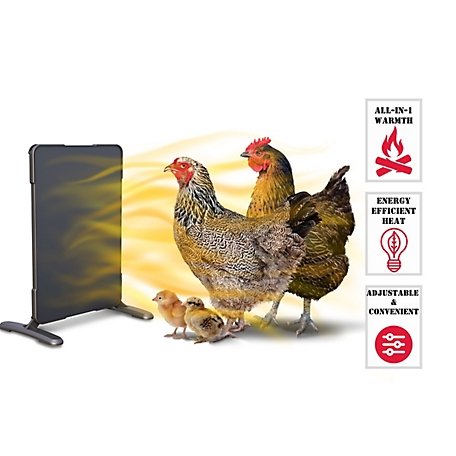
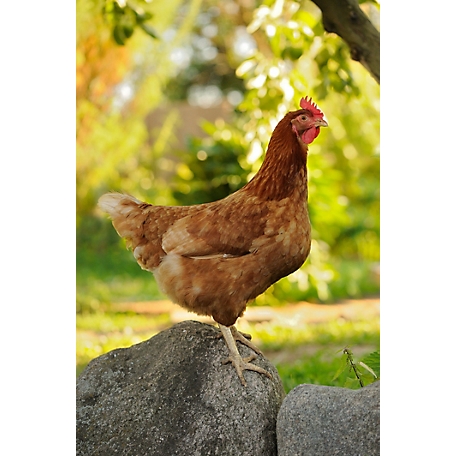

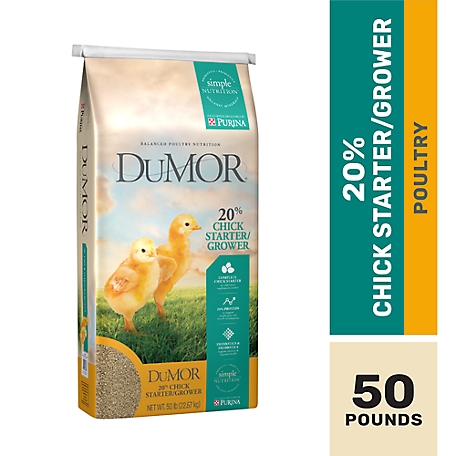
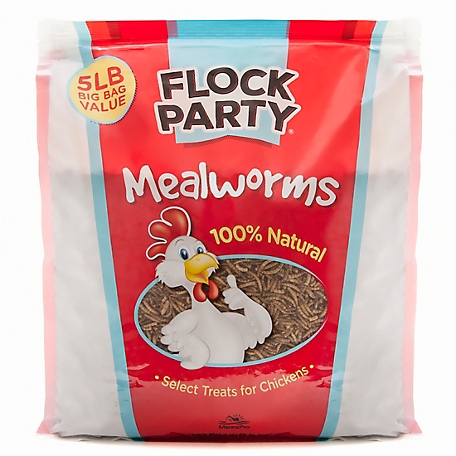
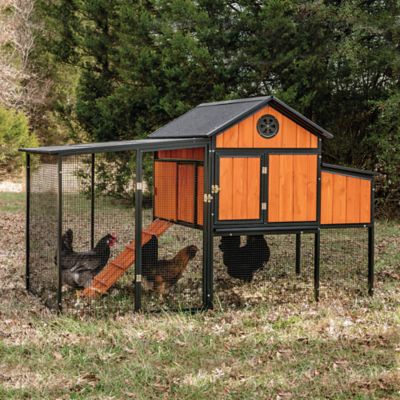
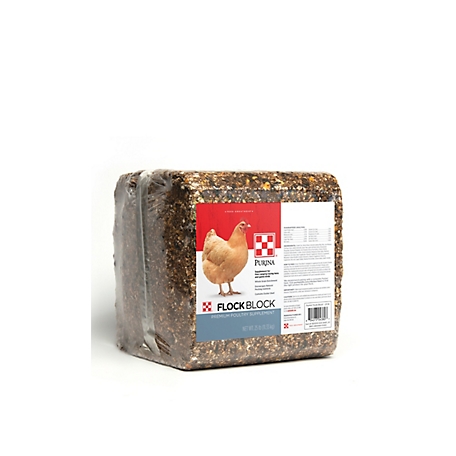


by malice
works great safer than the hanging light chicks love it
by Mona
I have used this heater / brooder for 2 two years. I have brooded chickens and quail with it. It is nice having a built in thermostat. It is safer than a heat lamp.
by Bell
I love it and the temps have been perfect for the chicks we raised. Not had any issues and it isn’t too hot to handle even on the high setting.